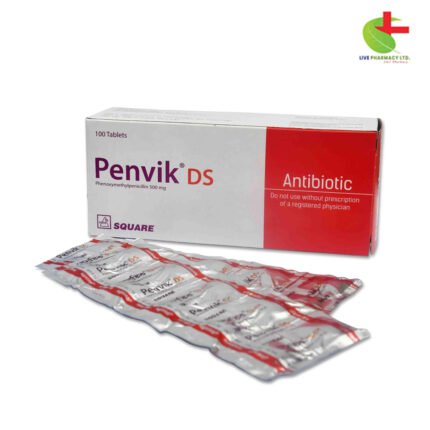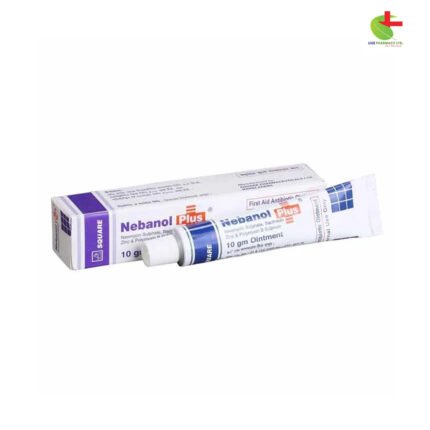Neurolep 800
60.40৳ Strip
- Piracetam: A leading ‘nootropic’ agent for cognitive enhancement.
- Acts directly on the brain to optimize neurotransmission and boost cognitive function.
- Widely used for conditions like cerebral vascular accidents, mental retardation, and age-related cognitive decline.
- Enhances alertness and cognitive abilities without causing sedation or stimulation.
- Demonstrates a favorable safety profile with minimal side effects and low toxicity.
 Brand
Brand
|
Square Pharmaceuticals PLC |
|---|---|
 Generics
Generics
|
Piracetam |
Indications
Addressing various health conditions:
- Cerebral Vascular Accidents and Insufficiencies: Encompassing ischemic and hemorrhagic acute incidents, chronic manifestations of these occurrences, or cerebral atherosclerosis.
- Childhood Mental Retardation: Aiming to enhance individual interaction, socialization, learning, cognitive abilities, and academic performance.
- Behavioral and Psychotic Issues in the Elderly: Managing memory deficits, adaptation disorders, and disturbed psychomotor reactions.
Pharmacology
Piracetam, classified as a ‘nootropic’, acts as a psychotropic agent targeting the brain. It enhances the efficacy of the telencephalon, crucial for cognition, learning, memory, alertness, and consciousness. Unlike many psychotropic agents, Piracetam neither sedates nor stimulates. Its mechanism of action involves modifying neurotransmission, improving metabolic environment, and enhancing microcirculation without vasodilation. Piracetam heightens alertness and cognitive function, protects and restores cognitive capacity post-trauma, hypoxia, or intoxication, and improves regional oxygen and glucose uptake in dementia. Additionally, it exhibits antiplatelet aggregation properties and restores erythrocyte deformability.
Dosage & Administration
For adults with cerebrocortical insufficiency disorders, the typical dosage is 800 mg thrice daily. In myoclonic seizures, dosage starts at 7.2 grams daily, increasing gradually. Pediatric dosage depends on body weight, typically starting at 50 mg/kg daily.
Interactions
Reported interactions include confusion, irritability, and sleep disorders with thyroid extract. No significant interactions have been observed with common antiepileptic drugs based on limited studies.
Contraindications
Piracetam is contraindicated in patients with severe renal or hepatic impairment due to its renal elimination route. Caution is advised when treating patients with renal insufficiency, necessitating regular renal function monitoring. Dosage adjustments are recommended based on creatinine clearance levels.
Side Effects
Reported side effects include nervousness, agitation, sleep disturbances, primarily in older patients taking higher doses. Symptoms typically resolve with dose reduction. Fatigue, gastrointestinal issues, vertigo, headaches, trembling, and sexual stimulation were occasionally reported. Piracetam overdose appears non-toxic, with no specific measures required. Limited drug interactions have been observed.
Pregnancy & Lactation
Piracetam should be avoided during pregnancy and breastfeeding unless under exceptional circumstances, as it can cross the placenta.
Therapeutic Class
Piracetam falls under the category of adjunct anti-epileptic drugs and drugs used in tremor, tics, and related disorders.
Storage Conditions
Store Piracetam in a cool, dry place below 30°C, away from sunlight, and out of children’s reach.













Reviews
There are no reviews yet.